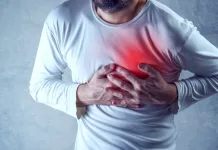
When you think about your health and wellbeing, you need to think about your relationships and sexual health too, explains Dr Taslima Rashid, a consultant in sexual health, and HIV medicine at Homerton Healthcare NHS Foundation Trust, in London.
“Looking after our sexual health helps us to live long, healthy lives and care for our most intimate, important relationships.
What support is available?
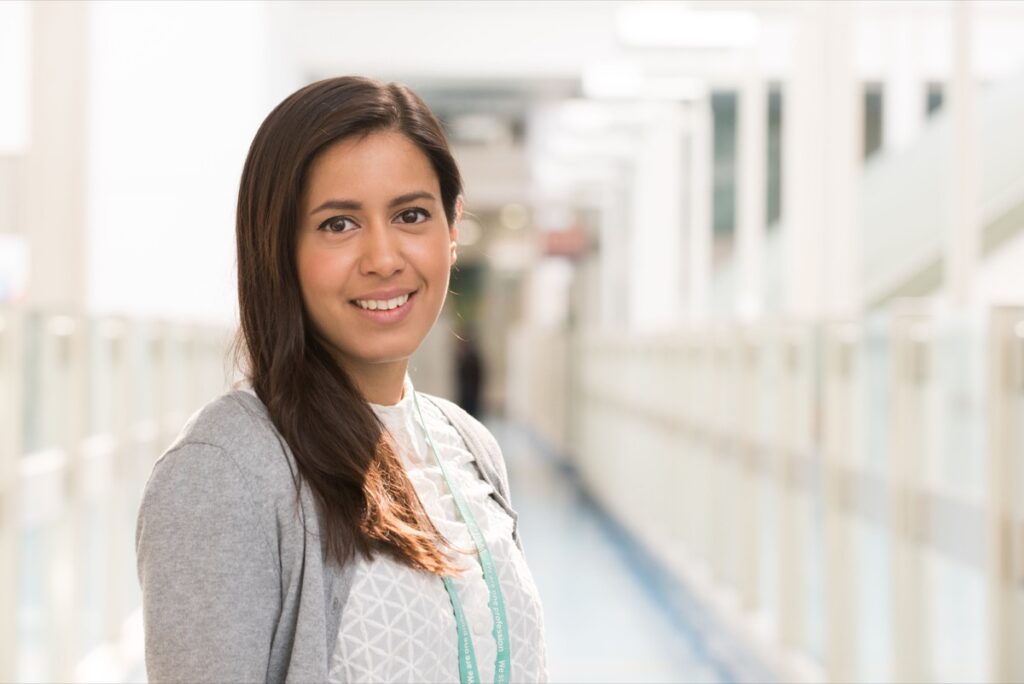
“Talking about sex is a taboo in many cultures, and this can leave people feeling ashamed if they need advice or treatment.”
Anyone can experience difficulties in their sexual relationships during their lives. Sexual health covers how we feel in intimate relationships, and being safe and able to enjoy them, as well as contraception and preventing and treating infections.
Advice and care are available from community pharmacies, GP practices and sexual health clinics (SHCs), also called genitourinary medicine (GUM) clinics. These may also be run by or in partnership with charities or local community organisations.
And there are dedicated services for teenagers, young adults, LGBTQ+ people, and people who’ve experienced sexual violence or harmful practices like genital mutilation or cutting, as well as online support and testing.
It is cancer, an infection or something else?
“It’s important we all know what’s normal for our bodies, and where to get help if something is different,” says Dr Rashid.
Symptoms such as burning when going to the toilet, itching or soreness, unusual discharge, lumps, sores or growths, bleeding, difficulty getting an erection or pain during sex, indicate you may have a physical health problem.
“This might be a sexually transmitted infection, or it may be something else; occasionally it may be things like cancer or even heart disease,” adds Dr Rashid. “But if you’ve been ill, are going through the menopause, have stresses at home or work, these can also affect our sexual health.”
Talking to a healthcare professional will ensure you get access to any testing, treatment or counselling you need quickly.
Cervical cancer

Vaccination against Human Papilloma Virus (HPV) and regular cervical screening have been shown to prevent cervical cancer.
Spread by close skin-to-skin contact, HPV is very common and some high-risk types are linked to the development of cancers that can affect girls and boys, including cervical cancer, cancers of the head and neck, and cancers of the anus and genital areas.
The vaccine protects against infection from some of the highest risk types of HPV without impacting on fertility. It is offered to children aged 12 to 13 and those under 25 who haven’t been vaccinated can ask for it (for girls born after 1 September 1991 and boys born after 1 September 2006).
As the HPV vaccine doesn’t protect against all types of HPV that can cause cervical cancer, it’s important women who’ve been vaccinated still come forwards for their cervical screening which tests for all types of high-risk HPV. Also known as a smear test, this further helps prevent cervical cancer and is routinely offered to women and people with a cervix who are aged 25 to 64.

A small sample of cells taken from the cervix, the opening to the womb, will be tested for the high-risk types of HPV that cause nearly all cervical cancers. Having HPV does not mean that you have or will get cervical cancer, but if found, the sample’s checked for changes to cells, which could turn into cancer if not treated.
Dr Rashid adds: “You can have HPV if you’ve only ever had sex once or with one person, not had sex for many years, as well as if you don’t have sex with men or haven’t for a long time.”
People who do not have a cervix will not need screening. Trans and non-binary people who are registered with a GP practice as male are not routinely invited but can request it, if appropriate.
Free HPV vaccination is also available for men who have sex with men up to and including 45 years of age when they visit specialist sexual health services and HIV clinics. Some clinics may also offer them HPV screening.
Support after female genital mutilation
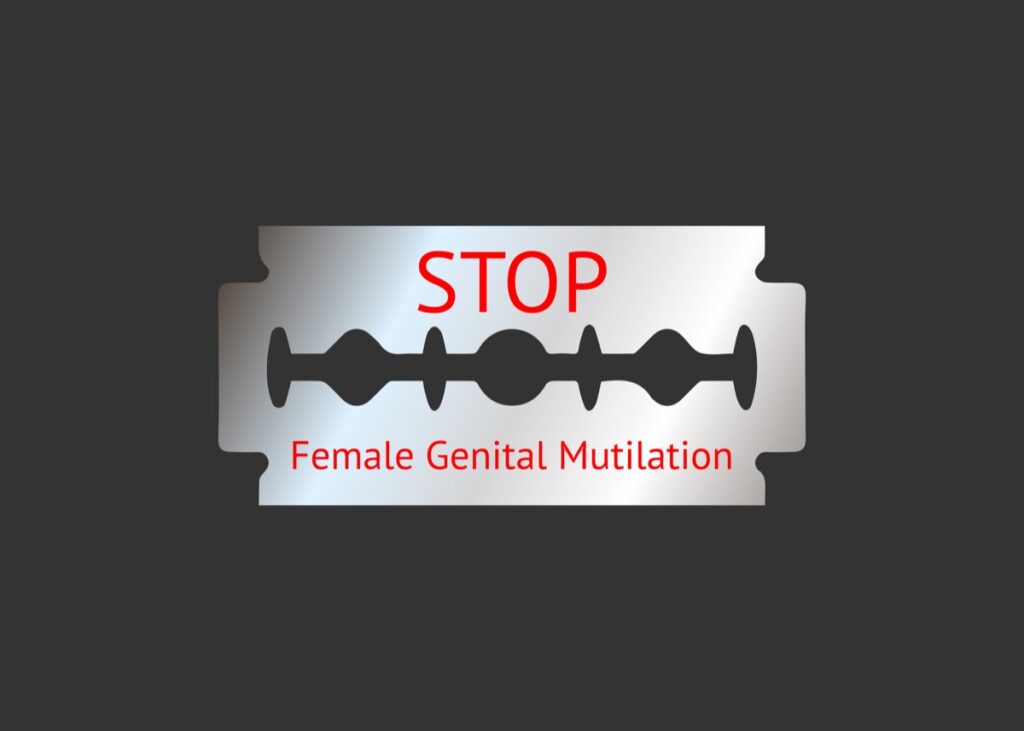
This is illegal in the UK and is child abuse. The female genitals are deliberately cut, injured or changed, without a medical reason for this to be done. It’s also known as female circumcision or cutting, and by other terms including sunna, gudniin, halalays, tahur, megrez and khitan.
As well as causing severe pain, it can lead to serious long-term mental and physical health problems, including problems with sex, fertility and during childbirth. To access help, talk to a GP or another healthcare professional, for example your midwife if you are pregnant.
“If this has happened to you, or you think it might have, please get help. We can’t reverse it, but there are some things we can do to help you,” says Dr Rashid.
“You might be referred to an NHS FGM support clinics offering a range of support services including counselling or if necessary, surgery.”
Screening for sexually transmitted infections
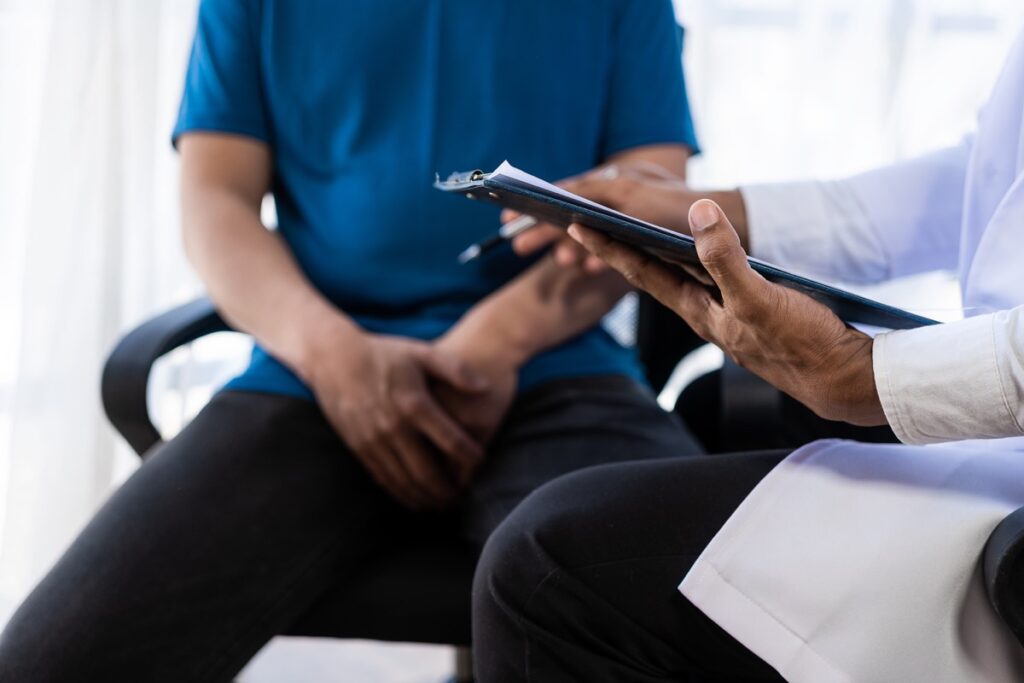
Sexually transmitted infections (STIs), are those that can be caught during sex. Most are carried in bodily fluids, such as blood, saliva or semen. Using a condom or barrier during sex helps to prevent them being passed on. Others may be caught through close skin-to-skin contact.
“Sometimes people are shocked they need to be tested for an STI because they’ve only ever had one partner, or they didn’t have symptoms. I tell them there’s no need to be embarrassed about looking after our sexual health, because it’s part of all of us.
“You can take someone with you for support or ask for a chaperone. There’s no judgement and it’s confidential – we won’t share your information, including with your GP, without your permission.”
Testing for HIV
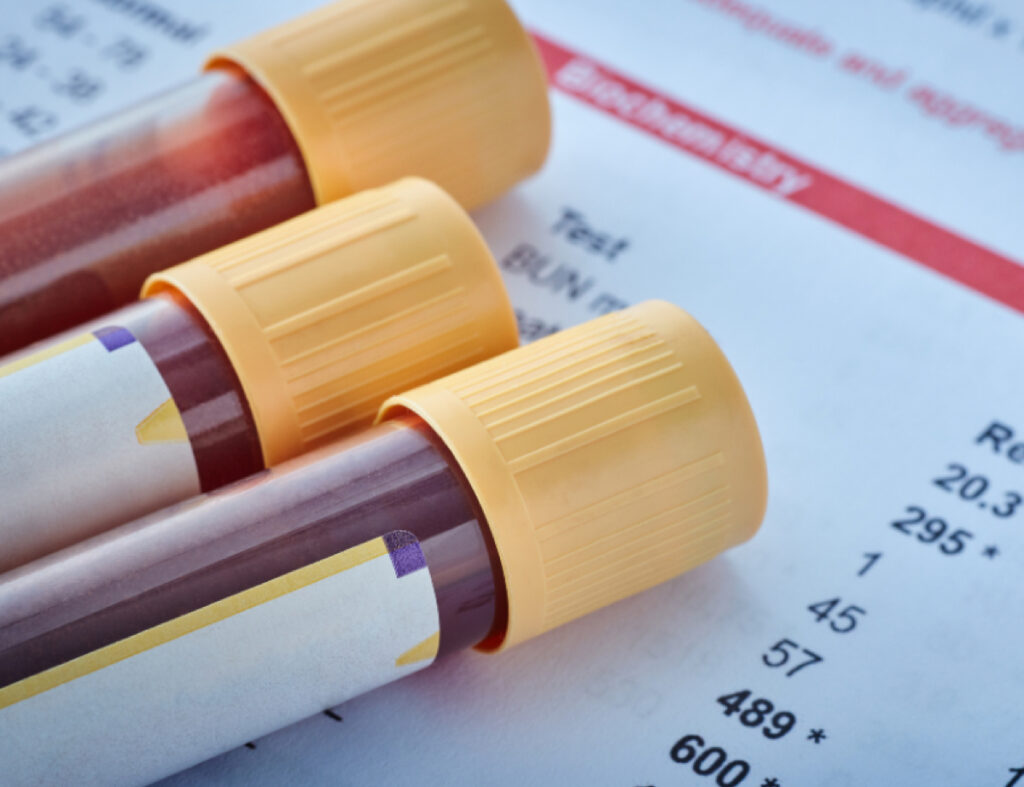
You can ask to be tested for HIV. Testing for HIV is also included in routine screening offered during pregnancy, which also looks for hepatitis B and syphilis. HIV is also screened for in opt-out testing offered to people attending an emergency department in areas of the country where rates are highest. This also tests for Hepatitis B and C and more than 2,000 people have been found to have one of these three blood-borne viruses in the year since screening launched.
“Even if you don’t think you’ve been exposed to HIV, I encourage everyone to get tested,” says Dr Rashid.
“If you have multiple partners, don’t use a condom, or are a man who has sex with men, you should test more regularly, around every three months.
“If you don’t have symptoms and just want peace of mind, you could get a test to use at home, in private from a clinic, online, or at a pharmacy. They’re free to post back and use unmarked packaging.”
Living well after a HIV diagnosis
More than 95,000 people are living with HIV in the UK, including more than 4,000 who are thought to have the disease without knowing.
Beatrice Osoro works with charity Positively UK, helping people who’ve had a positive result from a routine blood borne virus (BBV) test in an emergency department.
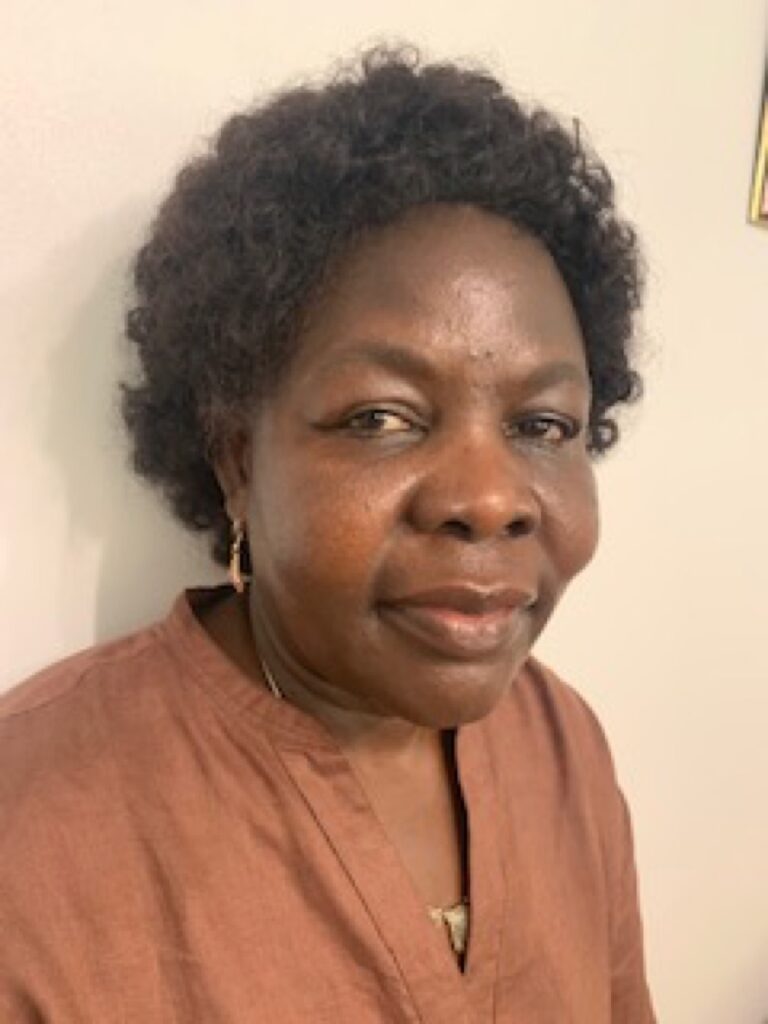
“Women, heterosexuals, older people and people of Black African ethnicity are disproportionally affected by late diagnosis,” she said.
“Their biggest worry is usually whether to tell loved ones. Most fear rejection, shame and the stigma.
While there isn’t a cure, modern treatments can reduce the level of virus in our bodies. This helps keep people healthy and means the virus cannot be passed on, including during sex, pregnancy, birth or breastfeeding.
“I really want people to know that you can manage the virus and live well with it. Medication means you won’t pass it on.
“HIV is no longer a death sentence. I know, I’ve been living with the virus for 28 years. Yes, I’ve had to make changes. Yes, it was hard to get my head around, but the fact I knew I had the virus meant I could get on with doing what I needed to do to stay well, look after my health, my family and carry on with the rest of my life.”
For more information about anything you have read in this article, visit www.nhs.uk, call NHS 111 or contact the national sexual health advice line free on 0300 123 7123 to talk in confidence.




